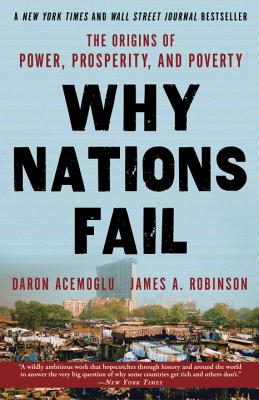Expedite your nonfiction book discovery process with Readara interviews, summaries and recommendations, Broaden your knowledge and gain insights from leading experts and scholars
In-depth, hour-long interviews with notable nonfiction authors, Gain new perspectives and ideas from the writer’s expertise and research, Valuable resource for readers and researchers
Optimize your book discovery process, Four-to eight-page summaries prepared by subject matter experts, Quickly review the book’s central messages and range of content
Books are handpicked covering a wide range of important categories and topics, Selected authors are subject experts, field professionals, or distinguished academics
Our editorial team includes books offering insights, unique views and researched-narratives in categories, Trade shows and book fairs, Book signings and in person author talks,Webinars and online events
Connect with editors and designers,Discover PR & marketing services providers, Source printers and related service providers

Why Nations Fail: The Origins of Power, Prosperity, and Poverty
Business & Economics > Development - Economic Development
- Currency
- Paperback
- 9780307719225
- 7.8 X 5.2 X 1.3 inches
- 0.9 pounds
- Business & Economics > Development - Economic Development
- (Single Author) Asian American
- English
Readara.com
Book Description
Is it culture, the weather, geography? Perhaps ignorance of what the right policies are?
Simply, no. None of these factors is either definitive or destiny. Otherwise, how to explain why Botswana has become one of the fastest growing countries in the world, while other African nations, such as Zimbabwe, the Congo, and Sierra Leone, are mired in poverty and violence?
Daron Acemoglu and James Robinson conclusively show that it is man-made political and economic institutions that underlie economic success (or lack of it). Korea, to take just one of their fascinating examples, is a remarkably homogeneous nation, yet the people of North Korea are among the poorest on earth while their brothers and sisters in South Korea are among the richest. The south forged a society that created incentives, rewarded innovation, and allowed everyone to participate in economic opportunities.
The economic success thus spurred was sustained because the government became accountable and responsive to citizens and the great mass of people. Sadly, the people of the north have endured decades of famine, political repression, and very different economic institutions--with no end in sight. The differences between the Koreas is due to the politics that created these completely different institutional trajectories.
Based on fifteen years of original research Acemoglu and Robinson marshall extraordinary historical evidence from the Roman Empire, the Mayan city-states, medieval Venice, the Soviet Union, Latin America, England, Europe, the United States, and Africa to build a new theory of political economy with great relevance for the big questions of today, including:
- China has built an authoritarian growth machine. Will it continue to grow at such high speed and overwhelm the West?
- Are America's best days behind it? Are we moving from a virtuous circle in which efforts by elites to aggrandize power are resisted to a vicious one that enriches and empowers a small minority?
- What is the most effective way to help move billions of people from the rut of poverty to prosperity? More philanthropy from the wealthy nations of the West? Or learning the hard-won lessons of Acemoglu and Robinson's breakthrough ideas on the interplay between inclusive political and economic institutions?
Why Nations Fail will change the way you look at--and understand--the world.
Author Bio
Professor Daron Acemoglu teaches at the Department of Economics, MIT and his fields of interest include Political Economy, Economic Development, Economic Growth, Economic Theory, Technology, Income and Wage Inequality, Human Capital and Training, Labor Economics, and Network Economics.
Education
- London School of Economics Ph.D. Nov., 1992
- London School of Economics MSc. June, 1990
- University of York B.A. June, 1989
Title Of Doctoral Thesis
- Essays in Microfoundations of Macroeconomics: Contracts and Economic Performance
Professional Experience Academic Positions
- 1992-1993 Lecturer in Economics, London School of Economics
- 1993-1997 Assistant Professor of Economics, M.I.T.
- 1997-2000 Pentti Kouri Associate Professor of Economics, M.I.T.
- 2000-2004 Professor of Economics, M.I.T.
- 2004-2010 Charles P. Kindleberger Professor of Applied Economics, M.I.T.
- 2010-2019 Elizabeth and James Killian Professor of Economics, M.I.T. 2019-present MIT Institute Professor
Videos
No Videos
Community reviews
No Community reviews

